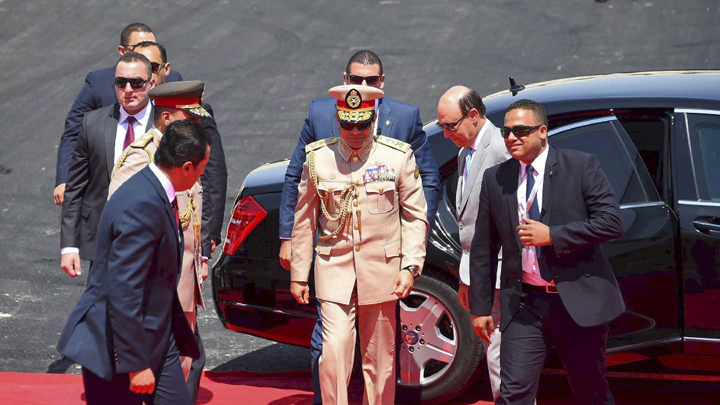Al-Sisi’s Holy Friday
Tuesday, October 8, 2019
arsip tempo : 171361303752.

SINCE anti-government protests erupted in Tahrir Square and surrounding areas in the past two weeks, Zaky al-Rasyid steered clear from downtown Cairo. The Indonesian student, who has been living in Egypt since 2012, listened to the Indonesian Embassy in Cairo’ advice to stay at home during the weekends, and go nowhere near the demonstration site. “Every time I go outside, I carry my passport and student identification card,&rdquo
...
Subscribe to continue reading.
We craft news with stories.
 For the benefits of subscribing to Digital Tempo, See More
For the benefits of subscribing to Digital Tempo, See More









